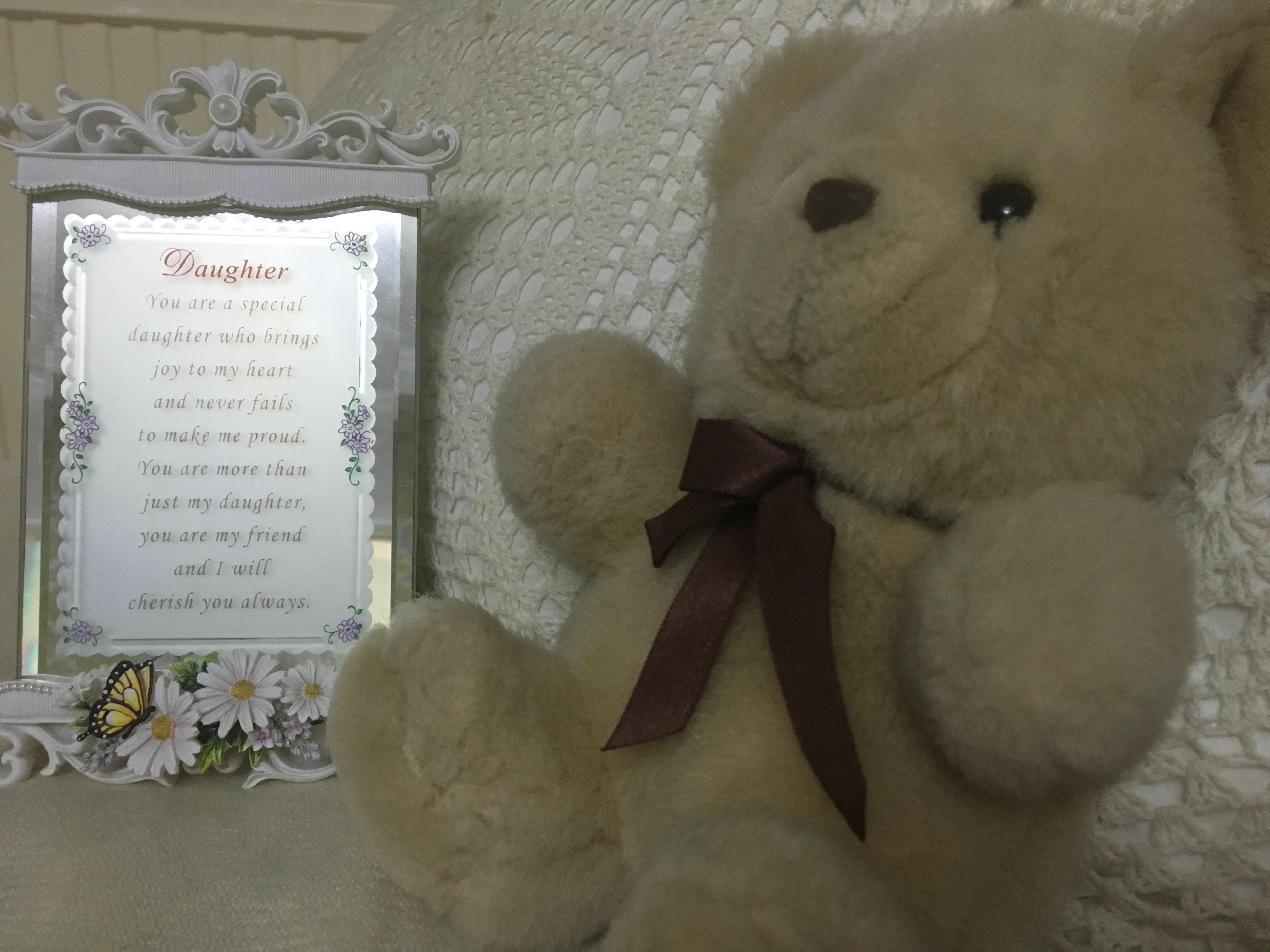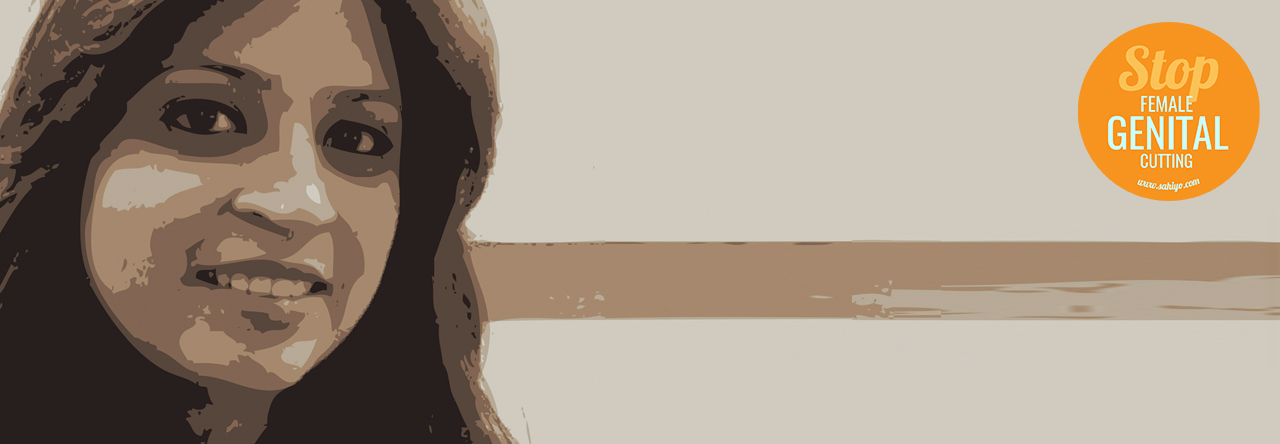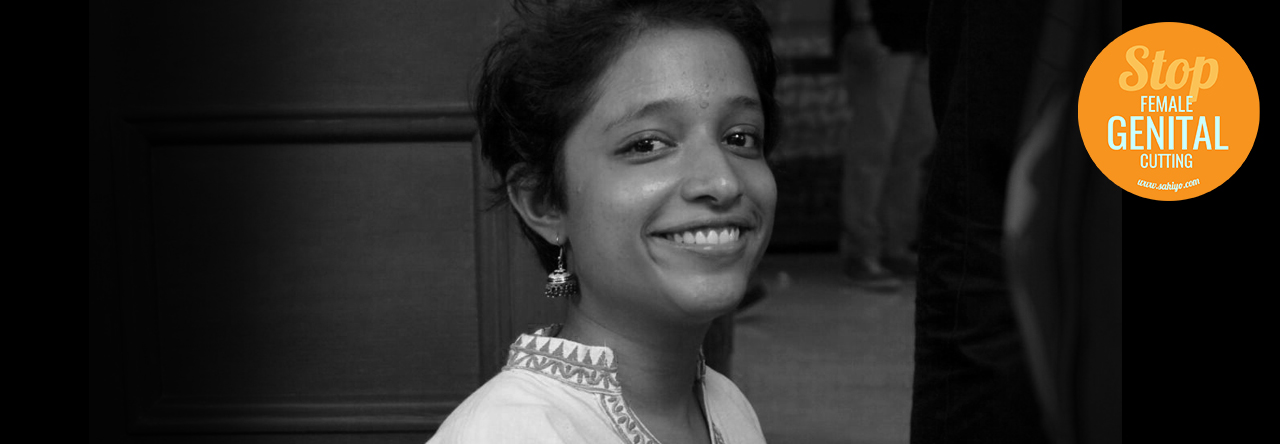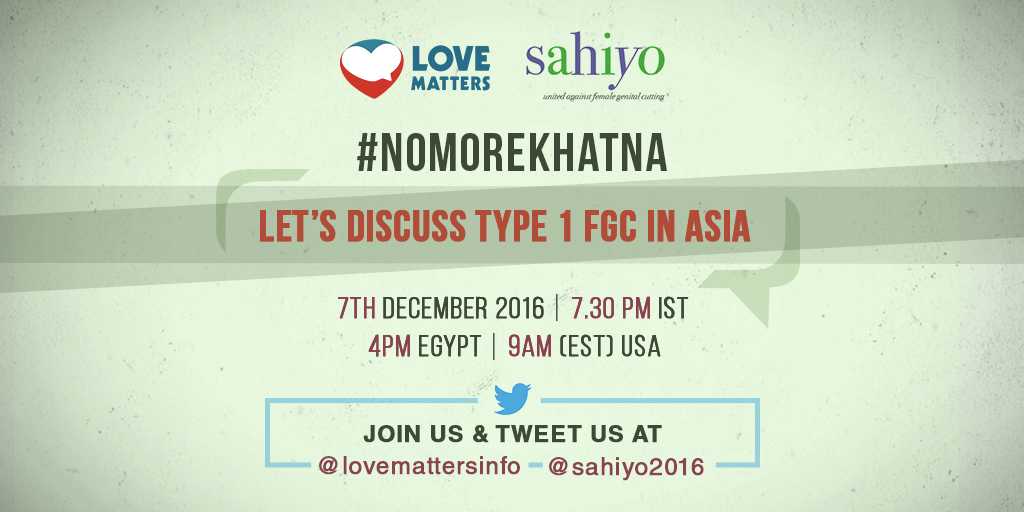After she spoke to me about it, I remained in disbelief. I was sure she must be wrong. I reached out to my mom and sister, and after a few in-depth conversations with them, it settled over me. A mix of emotions – anger, frustration, humiliation – all overcame me simultaneously. I didn’t do anything at first, I just needed some time to let it all sink in. After I’d had time to process, I realized I needed to do something.
At first, most of my involvement in my personal anti-FGM campaign came through conversations with people I knew, primarily men. Even in this initial stage, I realized how essential it would be to effectively engage men as part of this movement. Over time, I became involved in a few more formal networks that were also working on this issue, and through these, I’ve had the chance to speak at the United Nations on this issue as well as be a small part of the This American Life podcast a few weeks ago. It’s been an amazing journey to be a part of.
Below, I’ve shared some of the major learnings/thoughts I’ve developed over the last 5 years. I hope it can serve as a way for some of you to help think through this topic. If you have questions, there are a ton of us here to help guide you to the answers. If you’d simply like to talk further about this, please do not hesitate to reach out. You can always contact Sahiyo at This email address is being protected from spambots. You need JavaScript enabled to view it. to become connected to others working on ending FGM.
Some men don’t want to even engage in the conversation about FGM. Part of this is because they dismiss it as an unimportant issue at face value, but I believe a larger part of this may have to do with the discomfort that comes with talking about the female body and the lack of knowledge that it results in.
As men, we do not intuitively understand the female body and the biological processes that occur within it. Of course, we never will be able to truly know what being a woman feels like, but by gaining an understanding of how their bodies work, we can begin to have an idea. Naturally, we compare things that happen with a woman to its closest direct male counterpart. As such, we associate FGM, or circumcision as many people chose to incorrectly refer to it as, as the equivalent of male circumcision. This is a dangerous fallacy for men to turn to in their justification. The function of the male penis and a woman’s clitoris are not identical – not even close. Further, the benefits that come from male circumcision are simply not present in FGM. Please, please, please, do your research and understand the impact of this practice. It is terribly important for men to be aware of women’s bodies – not just specifically to be able to understand FGM, but for so many other reasons, health and otherwise.
For the men who were willing to talk about it, one constant held true – they had never talked about it before. Creating a space to have these conversations became an important part of the larger effort to engage men. But the snowball effect definitely holds true. Individual conversations I was leading turned to group conversations I was just a part of. Soon after, conversations started happening without me there at all. Awareness of FGM in the Bohra community has increased exponentially since I started speaking about this issue, especially in the last few months. However, the conversations happening are still dominated by women. It is of course amazing that so many women have started sharing their stories and thoughts. But we still live in a patriarchal context. Religious leaders are still men. Decision-makers in families are still largely men.
We – the men – MUST start caring. We don’t have the option to be silent or ambivalent anymore. We can not keep pretending that it isn’t our problem. These are our friends, our daughters, our sisters, our mothers, and our wives. Read their stories. Understand what FGM is and how it affects them. Once you do, you’ll be as angry as I am. You won’t want it ever happening to anyone you’re close to. We can’t undo what has already happened to hundreds of thousands in our community – but we CAN prevent it from happening from this day forward.
To men everywhere – Start reading. Start talking. STOP FGM.





